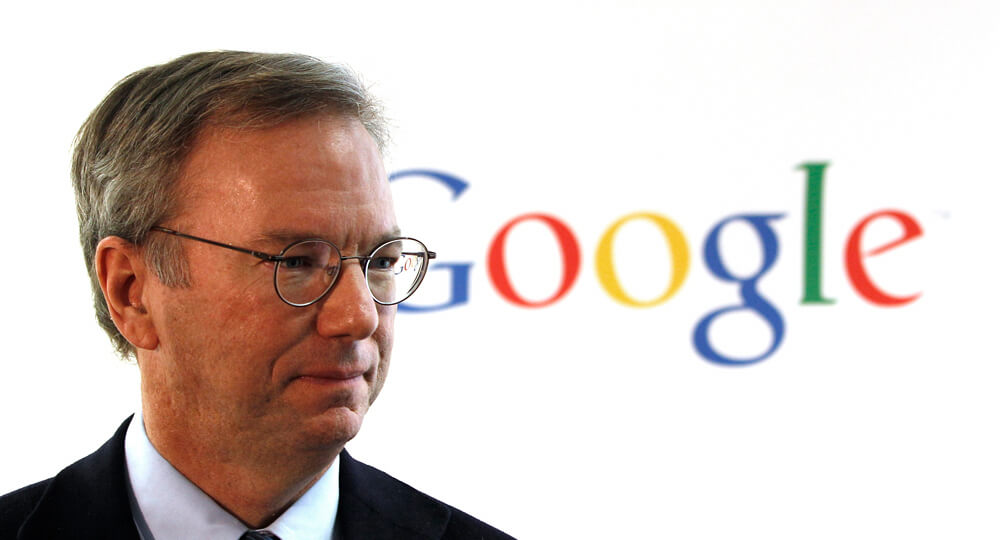Out of all the tech companies that have stood up to Donald Trump's immigration ban - be it through words, actions, or both - few have shown as much opposition as Google. CEO Sundar Pichai was one first to speak out against the order, its employees have staged global walkouts, and the company created a $4 million crisis fund for donation to four humanitarian organizations.
Now, the chairman of Google parent company Alphabet, Eric Schmidt, has told workers that Trump's government will do "evil things as they've done in the immigration area."
Schmidt's warning came during a weekly company meeting last Thursday, just as reports that Trump was about to sign the executive order started surfacing. Vice notes that the meeting, which brings together Google and Alphabet execs to discuss new products and other items, was a tense affair, with employees demanding to know why the companies' leaders weren't taking a more aggressive stance. "[I want] Google to take positions, this is a fascist regime, this isn't normal," said one worker, who is reportedly from Iran.
Schmidt said that in addition to the "evil things" it has planned, the main goal of Trump's administration is economic growth.
I can tell you that the tone of this government is very much economic growth [...] And so I think at the end of the day, they are going to do these evil things as they've done in the immigration area and perhaps some others, but the core focus is going to be to get the growth rate in the country --- which is roughly one-and-a-half to two percent --- up another point by simply pushing through increases in federal spending and overcoming the tea party.
More than 2000 Google employees around the world staged a walkout yesterday as a protest against the immigration ban - action that the company fully supported. Google co-founder Sergey Brin, meanwhile, joined other protesters at San Francisco airport, saying "I'm here because I'm a refugee."
Google cofounder Sergey Brin at SFO protest: "I'm here because I'm a refugee." (Photo from Matt Kang/Forbes) pic.twitter.com/GwhsSwDPLT
--- Ryan Mac (@RMac18) January 29, 2017
CEO Pichai, who is himself an immigrant from India, has been vocal in his criticism of the ban, calling its effect on his colleagues "painful to see."
With a reform of the work visa program on the way, and more companies now heading for the courts in an effort to get the ban overturned, Trump's attempt at building bridges with the tech community in December now feels like a distant memory.
